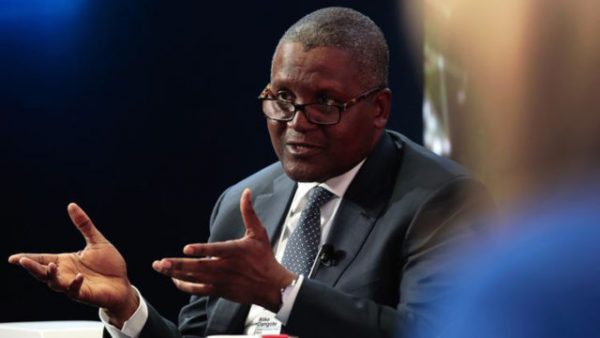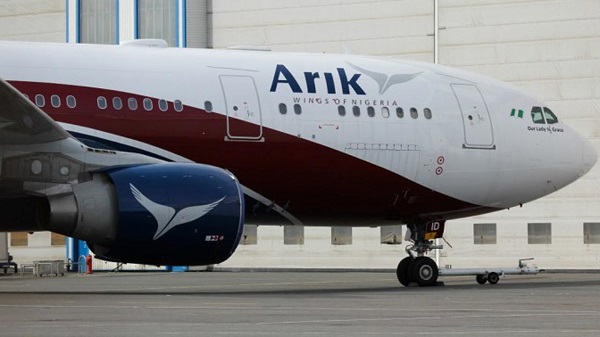IMO members urged to upgrade shipping decarbonisation strategy

The International Maritime Organisation (IMO) has urged member states to upgrade strategy and speed up their digital transformation to meet the challenge of decarbonising the shipping industry.
The Secretary General of IMO, Kitack Lim, made the call at the opening ceremony of the 17th Singapore Maritime Week (SMW) on April 24, with the theme, ‘Ambition Meets Action’.
The week-long event, which was organised by the Maritime and Port Authority of Singapore (MPA), in collaboration with industry stakeholders and the research community, brought together global maritime community to take collective and accelerated action to digitise and decarbonise.
About 20,000 maritime professionals, including delegates from governments, port authorities, international organisations and industry experts among others were in attendance.
Lim revealed that IMO is set to adopt a revised greenhouse gas (GHG) emissions strategy from the Marine Environment Protection Committee (MEPC) 80 meeting in July.
According to him, there is increasingly intense lobbying by countries that want to see a commitment to net zero emissions by 2050 versus others that want a more conservative strategy.
“I believe that as they debate, the new strategy IMO member states must be ambitious and bold enough to elevate their vision and their levels of ambitions towards 2050.
“We must lead the way and provide a global framework for the maritime industry to strive for green shipping and at the same time, we must ensure we leave no one behind,” Lim said.
The United States Special Presidential Envoy for Climate, John Kerry, said to eliminate global temperature rise to 1.5 degrees Celsius, achieving zero emissions from the shipping sector is paramount.
“This is the year that all of our efforts can come together and build the momentum that we need. In July the International Maritime Organisation must revise its greenhouse gas strategy to include a goal of zero emissions no later than 2050 and that has to be the North Star for climate ambition for this sector,” he stated.
The Minister of Transportation and Minister-in-charge of Trade Relations, Singapore, S Iwaran, expressed the country’s support to strengthen the level of ambition for 2050 in the revised strategy.
He said this is in line with the country’s support for international shipping to do its part to help keep the Paris Agreement global warming target of 1.5 degrees C within reach.
Iwaran also emphasised three areas of ambition for continued growth and success in the maritime industry, which includes, ensuring steady progress for decarbonisation, aligning international standards for greater digitalisation and redoubling efforts to attract and nurture talent.
The Danish Minister for Industry, Business and Financial Affairs, Morten Bødskov, said nations need to do more to reduce GHG emissions from shipping.
According to him, countries must set ambitious goals to reduce the challenges and do much more to reach the goals set out in the Paris Agreement.
The Executive Vice President, Wärtsilä Marine Power, Roger Holm, said the shipping industry needed to speed up its digital transformation to meet the challenge of decarbonisation as well as combining the decarbonisation journey with financial viability.
Holm noted that regulations would challenge many ships to stay compliant, noting that digital tools will support the push for green fuels that form a crucial part of the transformation.
He also noted that green methanol was already available in a small way and that ammonia was also very close and would work as a fuel.
He said even as these fuels’ availability improves, they will be much more expensive than the fuels used today.







